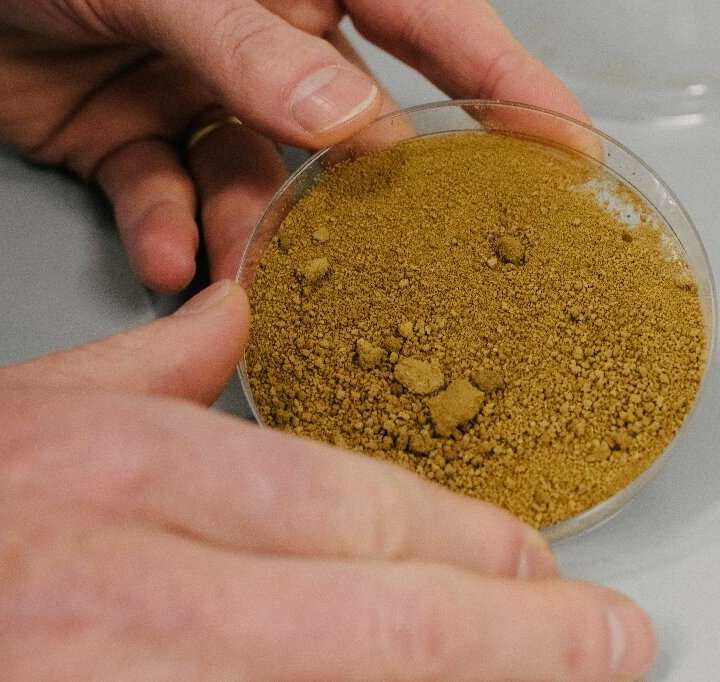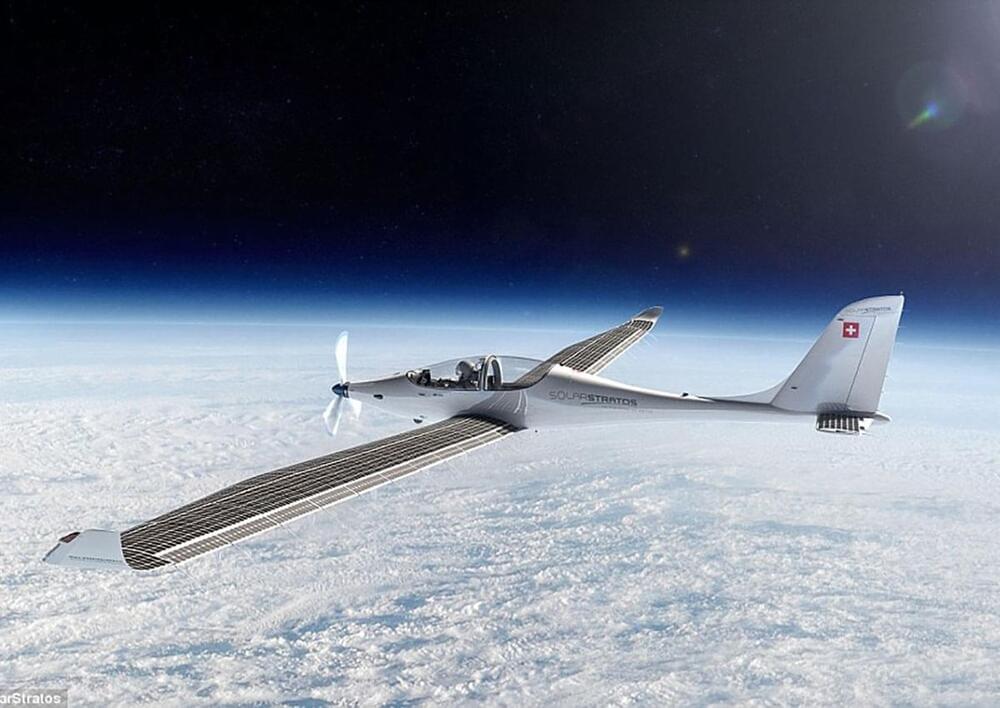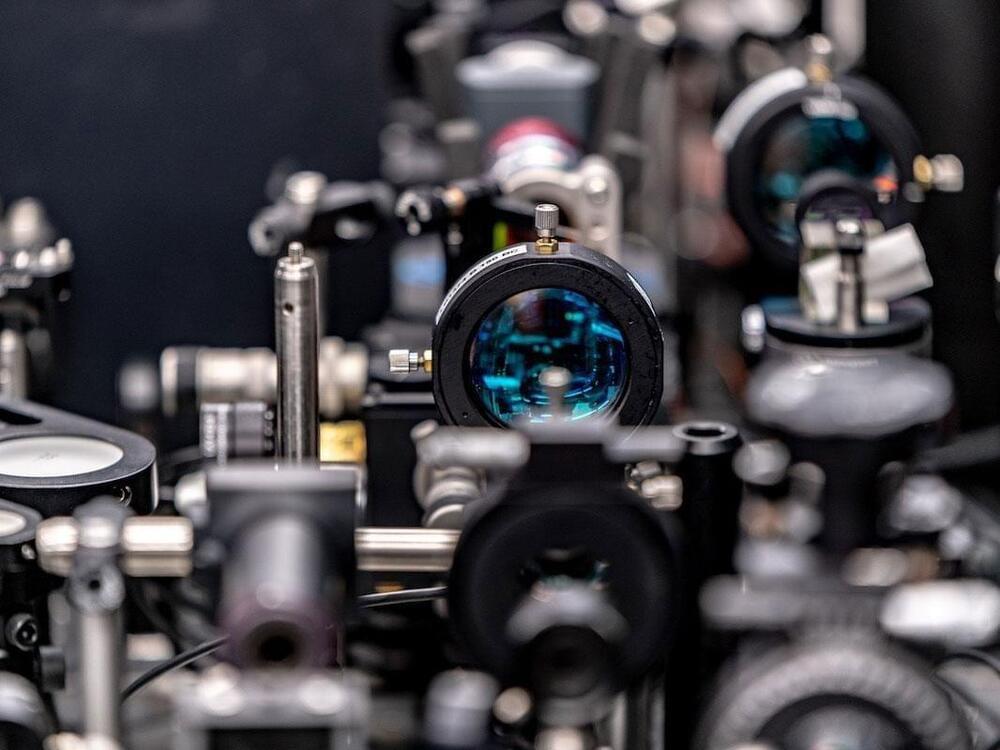Here’s what you need to know.
The third Crew Dragon mission to the ISS will launch on Halloween. Here’s your guide to the launch schedule and how to see it live.
Here’s what you need to know.
The third Crew Dragon mission to the ISS will launch on Halloween. Here’s your guide to the launch schedule and how to see it live.


Circa 2019 😃
“SolarStratos has an opportunity to push the limits of what we think is humanly possible and prove that renewable energy has the capacity to power our lives while preserving our planet. We are fortunate to energize SolarStratos with SunPower’s industry-leading solar technology and look forward to further showcasing the value of innovative and reliable solar solutions for the world to see.”
The company is also changing the way the whole world thinks about renewable energy…at least, that is their goal. SunPower doesn’t just want to power buildings and farms. They want to use their durable and efficient solar panels for all the types of applications available. They believe that anything that can and needs to be powered, should be powered by natural sources, like the sun.
SunPower has a pioneering legacy of powering unique solar projects. Their high-efficiency solar cells are the driving power for many amazing vehicles. In addition to now supporting the airplane SolarStratos, the company has previously supported the following projects:


I wonder how general this is. Interesting application of AI.
Electric vehicles have the potential to substantially reduce carbon emissions, but car companies are running out of materials to make batteries. One crucial component, nickel, is projected to cause supply shortages as early as the end of this year. Scientists recently discovered four new materials that could potentially help—and what may be even more intriguing is how they found these materials: the researchers relied on artificial intelligence to pick out useful chemicals from a list of more than 300 options. And they are not the only humans turning to A.I. for scientific inspiration.
Creating hypotheses has long been a purely human domain. Now, though, scientists are beginning to ask machine learning to produce original insights. They are designing neural networks (a type of machine-learning setup with a structure inspired by the human brain) that suggest new hypotheses based on patterns the networks find in data instead of relying on human assumptions. Many fields may soon turn to the muse of machine learning in an attempt to speed up the scientific process and reduce human biases.
In the case of new battery materials, scientists pursuing such tasks have typically relied on database search tools, modeling and their own intuition about chemicals to pick out useful compounds. Instead a team at the University of Liverpool in England used machine learning to streamline the creative process. The researchers developed a neural network that ranked chemical combinations by how likely they were to result in a useful new material. Then the scientists used these rankings to guide their experiments in the laboratory. They identified four promising candidates for battery materials without having to test everything on their list, saving them months of trial and error.

Mark Zuckerberg said it was “ridiculous” for people to think that he changed Facebook’s name to Meta because of the recent wave of backlash.
The CEO told The Verge in an interview — which was published shortly after the name change was announced Thursday — that the current news cycle had no effect on the decision.
“Even though I think some people might want to make that connection, I think that’s sort of a ridiculous thing,” Zuckerberg told the outlet. “If anything, I think that this is not the environment that you would want to introduce a new brand in.”

3D solar towers circa 2016.
Improving Efficiency
Most solar panels are placed flat on rooftops because they are designed to harness solar energy when the sun is directly overhead. However, when the angle of the sun’s rays hitting the panel changes, traditional panels quickly become less efficient.
To get around this inefficiency, scientists have been experimenting with a variety of new solar cell technologies, including nanoscale 3D structures to trap light and increase the amount of solar energy absorbed. However in a new study in Energy and Environmental Science, a team of MIT researchers has taken a different approach by changing the shape of the solar panels. The researchers were able to develop a 3D shape that allows for 20 times greater power output.
The Team Seas event is live. For every $1 raised they will remove 1 pound of plastic from the ocean. Please support this event by watching supporting videos and material and donating.

‘Optical Accelerators’ ditch electricity, favoring light as an exchange medium.
Researchers with IBM and Moscow’s Skolkovo Institute have developed “optical accelerators” — optical switches that use light instead of electricity to convey state changes and transmit information. The inventors claim an up to 1,000x speedup compared to traditional transistor-based switches — and there are applications for both classical and quantum computing.

If China — and then Russia and other nuclear powers — get gliders, however, these defensive systems will be obsolete. Nuclear payloads could then zip around the South Pole instead, for instance. They’d never even exit the atmosphere. And they could change their trajectory, being controlled all along by a Chinese operator with a joystick.
All this makes China sound menacing and aggressive. In that sense, the news seems to rhyme with revelations that China is also building a couple of hundred silos for more conventional intercontinental missiles that could carry nukes.
In reality, China probably appears so aggressive only because it feels incredibly insecure. The greatest fear in Beijing is that in an escalating conflict — over Taiwan or whatever else — the U.S. might be tempted one day to launch preemptive nuclear strikes to take out all or most of China’s arsenal. The Americans would only contemplate such a drastic step, of course, if they thought that their own defenses could parry any remaining missiles coming from China in retaliation.